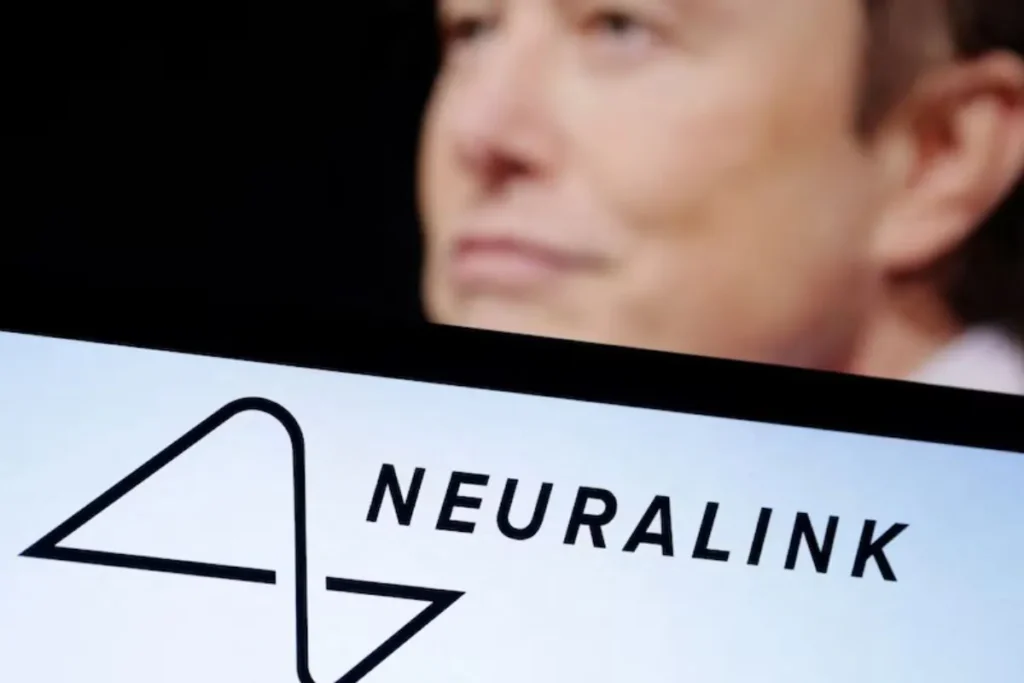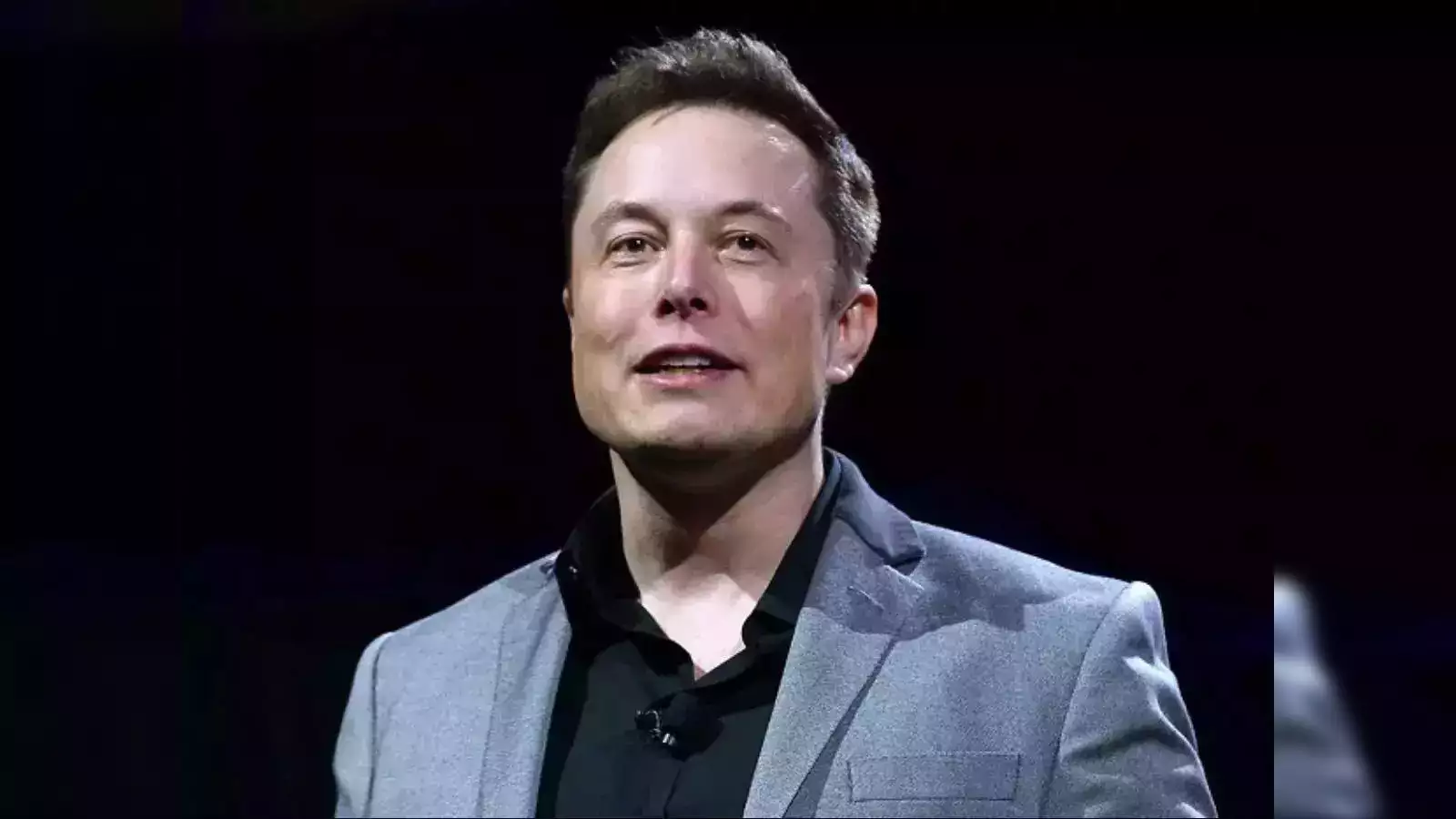Telepathic Breakthrough: Elon Musk Unveils First Neuralink Product, Dubbed ‘Telepathy’
In a groundbreaking development, Neuralink, the neurotechnology company based in California, has achieved a major milestone by successfully implanting a wireless brain chip in a human. Elon Musk, co-founder of Neuralink, made the significant announcement on January 29 through a series of posts on X (formerly Twitter). Neuralink has been at the forefront of developing implantable brain-computer interfaces (BCIs) with the aim of revolutionizing the interaction between the human brain and external devices. The company obtained approval from the US Food and Drug Administration (FDA) for human trials in May of the previous year and initiated the recruitment process for human trials in September 2023.
Musk shared the news with excitement, stating, “The first human received an implant from Neuralink yesterday and is recovering well. Initial results show promising neuron spike detection.” Additionally, Musk disclosed that the inaugural product from Neuralink is named “Telepathy.” This brain chip, according to Musk, enables individuals to control a computer or smartphone simply by thought. Notably, Neuralink had previously showcased a demonstration in 2021, featuring a monkey controlling a game of ping-pong through the mind-controlling chip.
Elaborating on the potential impact of Neuralink’s technology, Musk envisioned scenarios where individuals with limitations, such as Stephen Hawking, could communicate at a significantly faster pace than traditional methods. The overarching goal is to enhance communication for those who have lost the use of their limbs. The successful implantation of the brain chip represents a significant stride towards Neuralink’s mission of advancing neurotechnology and opening new avenues for human-computer interaction, offering hope and possibilities for individuals facing mobility challenges.

While Neuralink received its FDA approval to conduct human trials last year, it rejected an application to pursue the same in 2022. At the time, the regulatory body had cited major safety concerns involving “the device’s lithium battery; the potential for the implant’s tiny wires to migrate to other areas of the brain; and questions over whether and how the device can be removed without damaging brain tissue,” as per a report by Reuters.
In a 2019 presentation, Musk explained that Neuralink BCIs were composed mostly of polyimide alongside a thin gold or platinum conductor. These were inserted into the brain through an automated process performed by a surgical robot. The chip contains a high number of ultra-thin nodules with wires called probes. The endings of these probes contain electrodes that are capable of locating and reading electrical signals in brain. These signals are then wirelessly transmitted to a device which can convert it into electronic commands to control a device.
In the past, the company has conducted extensive tests on animals and has claimed a high success rate. While performing a successful brain chip implant is a major milestone, the success of the product will be determined by its long-term performance and lack of side effects.


















